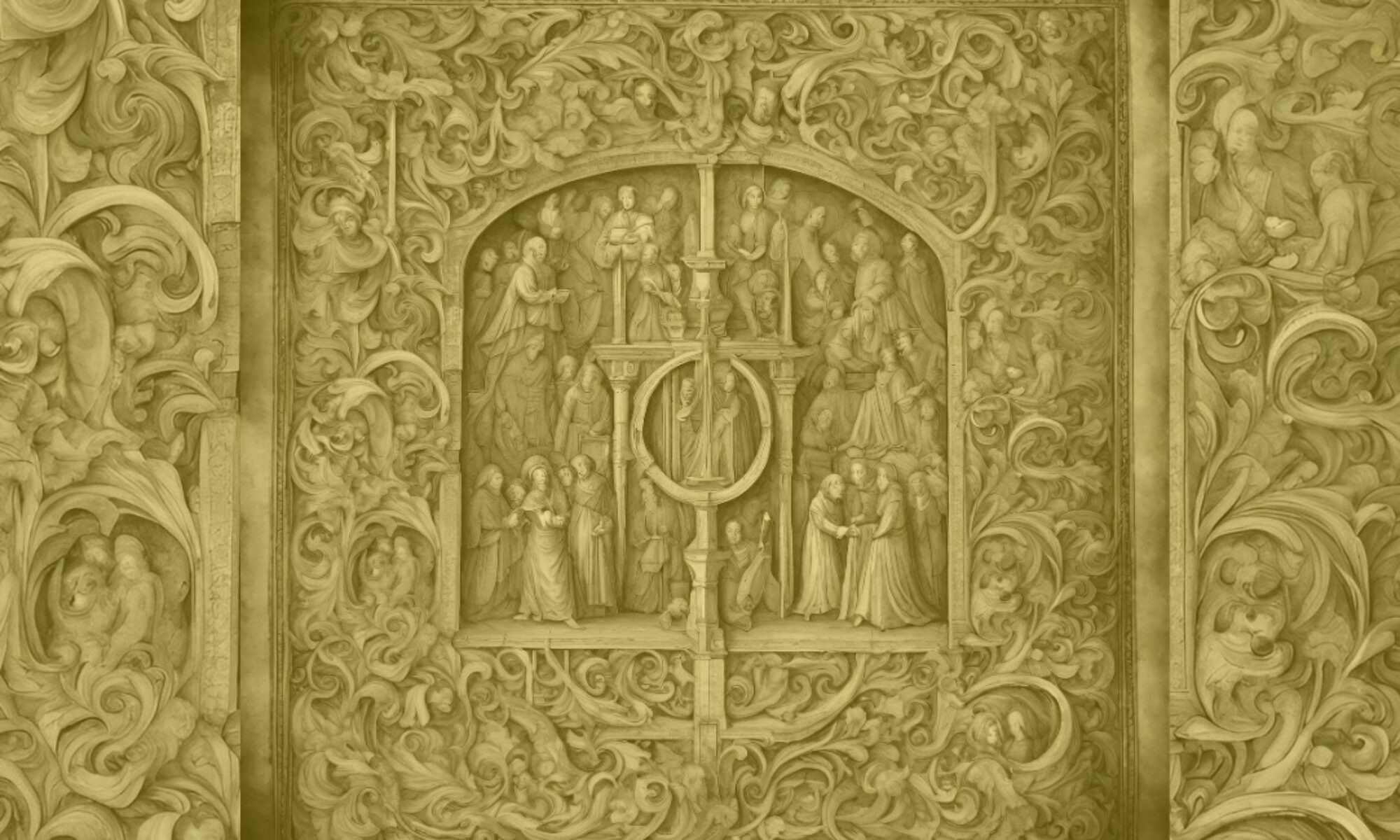Rosalyn’s talk is called “Rewilding: A Reclamation of Primordial Belonging”

After 25 years of city living, I found myself deep in the Underworld of health issues, crushing debt, a crumbling career, and a deadened soul. In desperation, I begged God, the Universe, anyone who could hear, for guidance. “Move to nature‚” a voice whispered. For the first time in years my body relaxed. Heeding the call, I left the city for the Coastal Redwoods. There, in the sanctuary of a single room cabin and the stillness of the forest, I began an eight year journey of reclamation. That simple act of surrender ushered me on a mythological journey of healing decades of disconnection from both the natural world and my own wild soul. My inner stories of unworthiness, shame, and not belonging, as well as decades of repressed grief and rage, rose to the surface. Yet I remained surrendered, and in doing so, ravens, wild boars, a 1500 year-old tree, a fiery Texan crone, a feral cat, a Gandalf-like homeless man with flowers in his hair, and roses appeared as guides. The consistent messages were to slow down, simplify, and trust my own wild heart, which eventually led me back into the circle of life, a magically animate world, and my own belonging within it.
About Rosalyn
Rosalyn is a writer, a women’s empowerment and grief facilitator, ritualist, herbalist, storyteller, and a lover of wild things. She is a devout listener of the quiet realms, to children, the elderly and plants. She is a firm believer in the simple primary satisfactions of life and the unbridled creative spirit. She resides in the northern California redwoods in a tiny house she built where she writes, sings, dances, and makes hand-crafted goods and herbal medicine for the local farmer’s markets.
Devoted to the slow, intuitive, feminine way of the senses and body, you can often find her wandering the local woods harvesting edible and medicinal plants, singing with the birds, listening to the wind, dancing barefoot, celebrating and grieving life inside ancient trees, and writing about her experiences.












